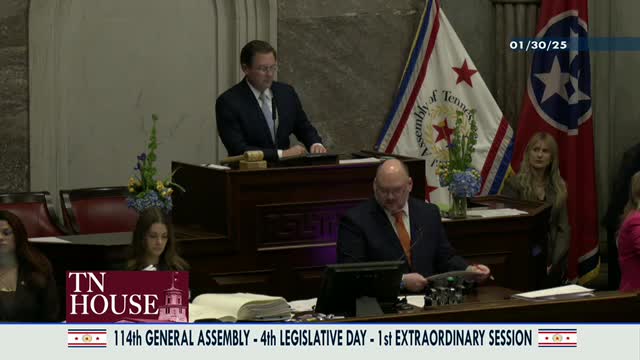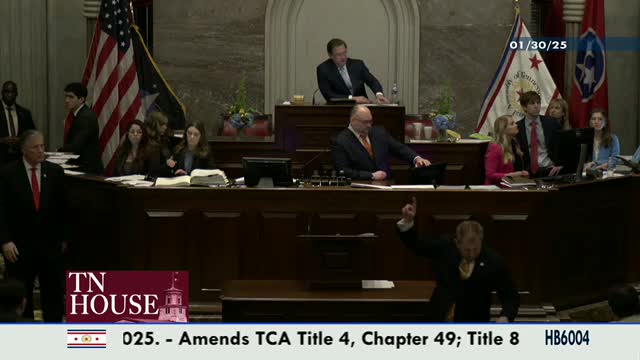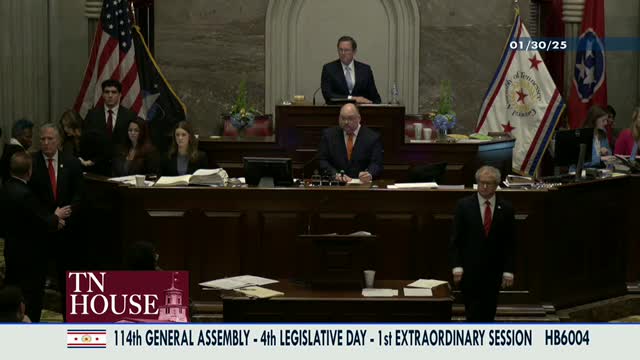Article not found
This article is no longer available. But don't worry—we've gathered other articles that discuss the same topic.

Tennessee House approves Education Freedom Act after heated debate over vouchers, testing and school funding

House approves $1.5B-plus appropriations package funding disaster relief, teacher bonuses and voucher implementation

